Check out before these deals are gone!


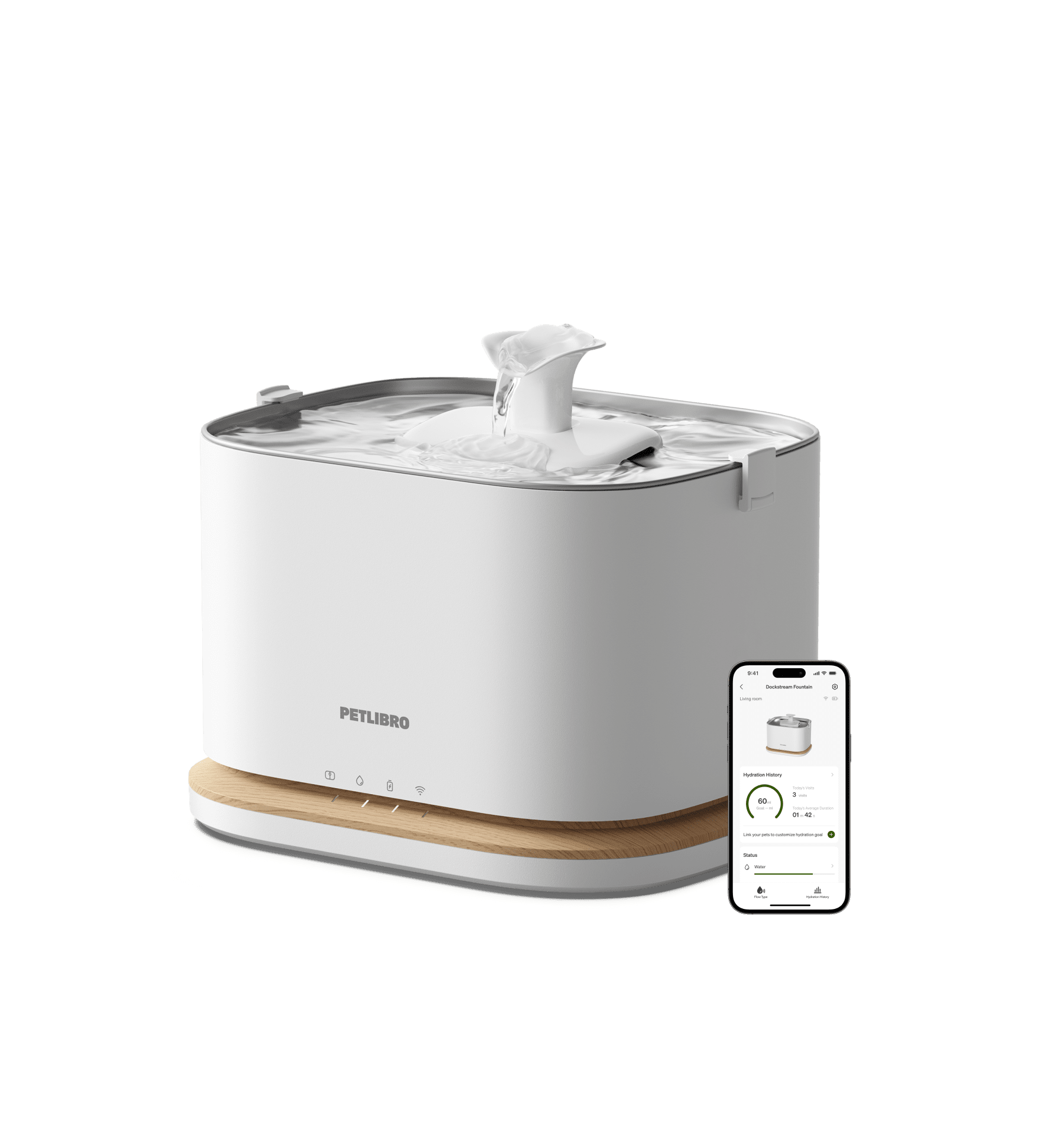
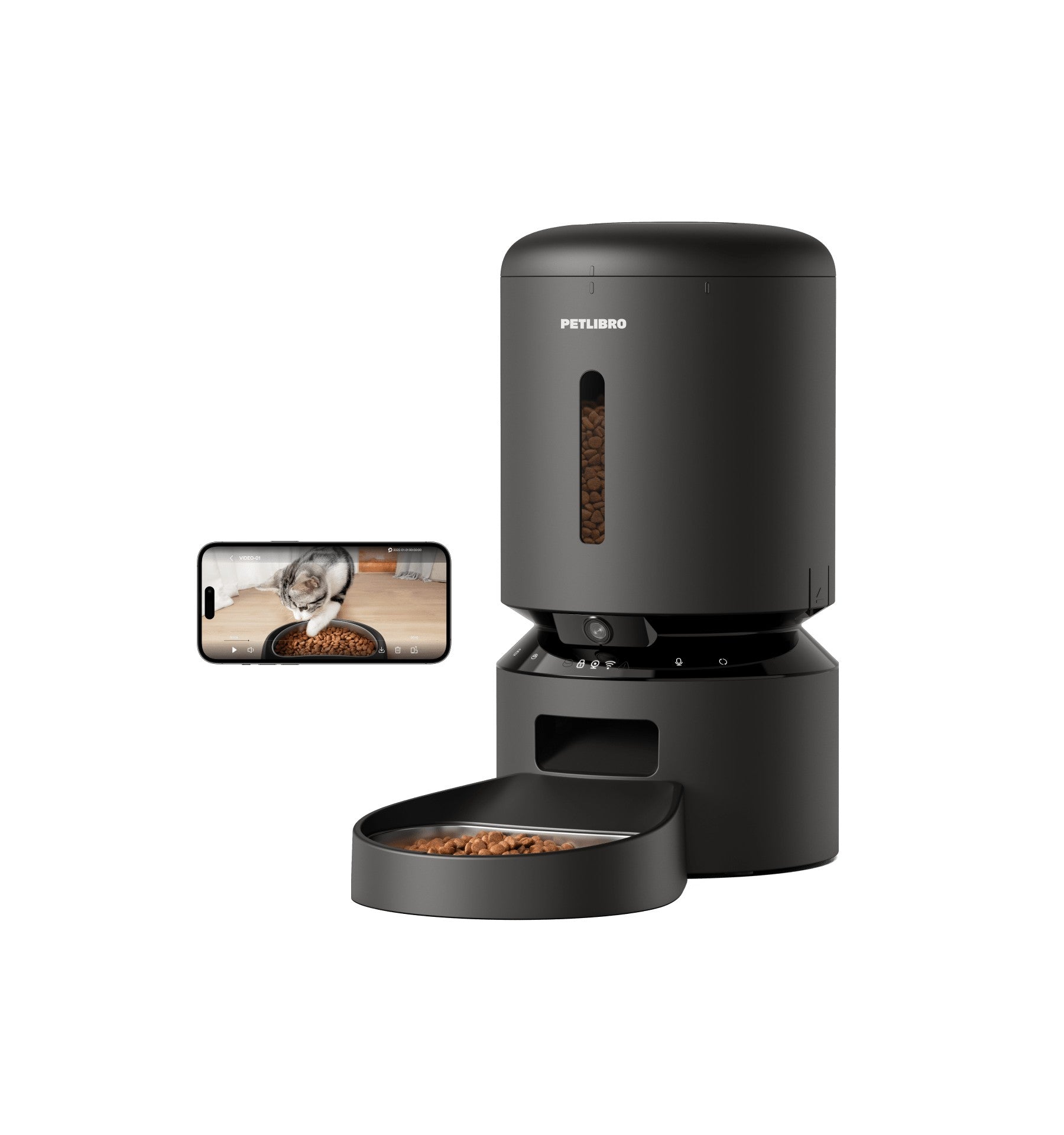

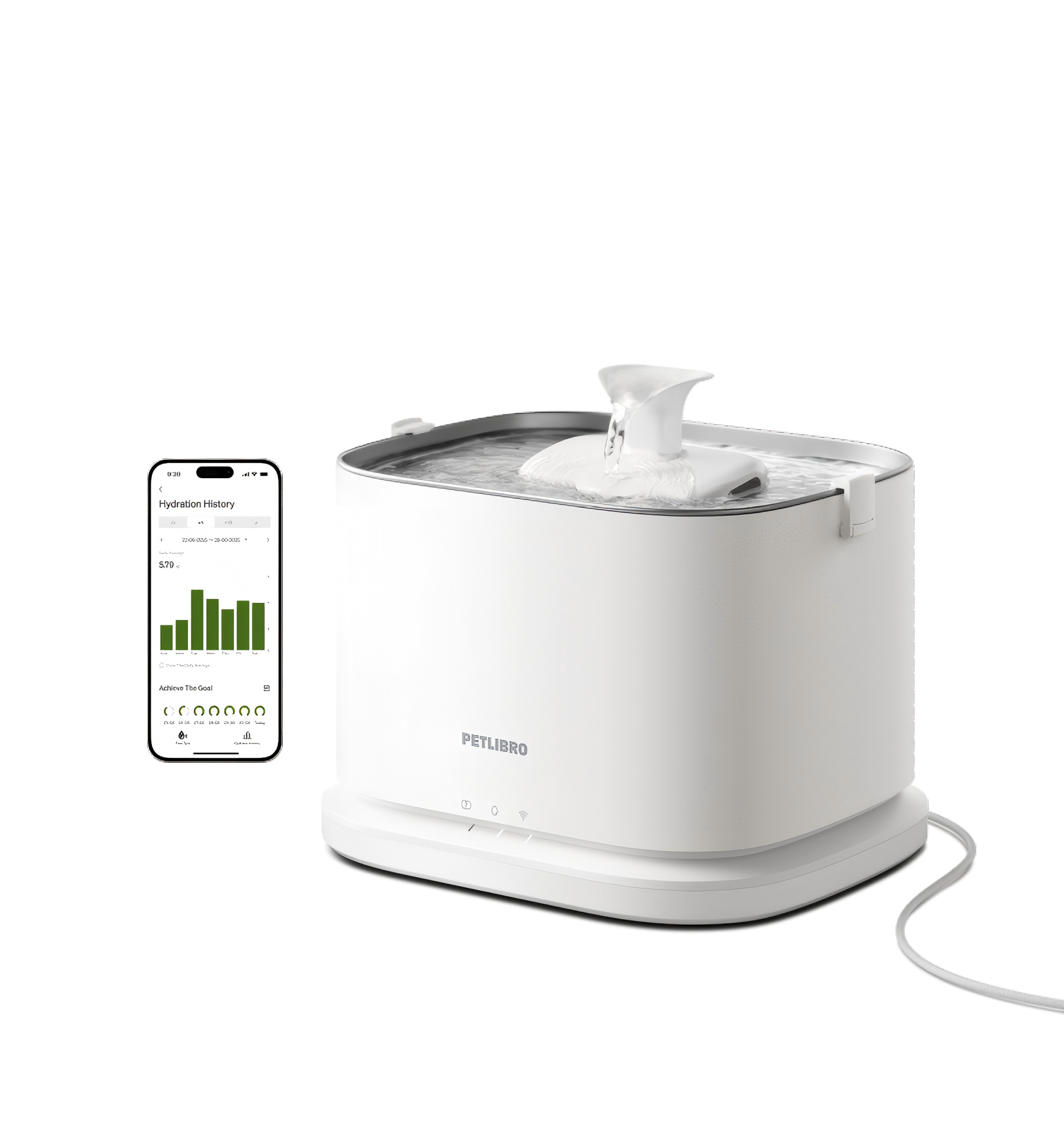
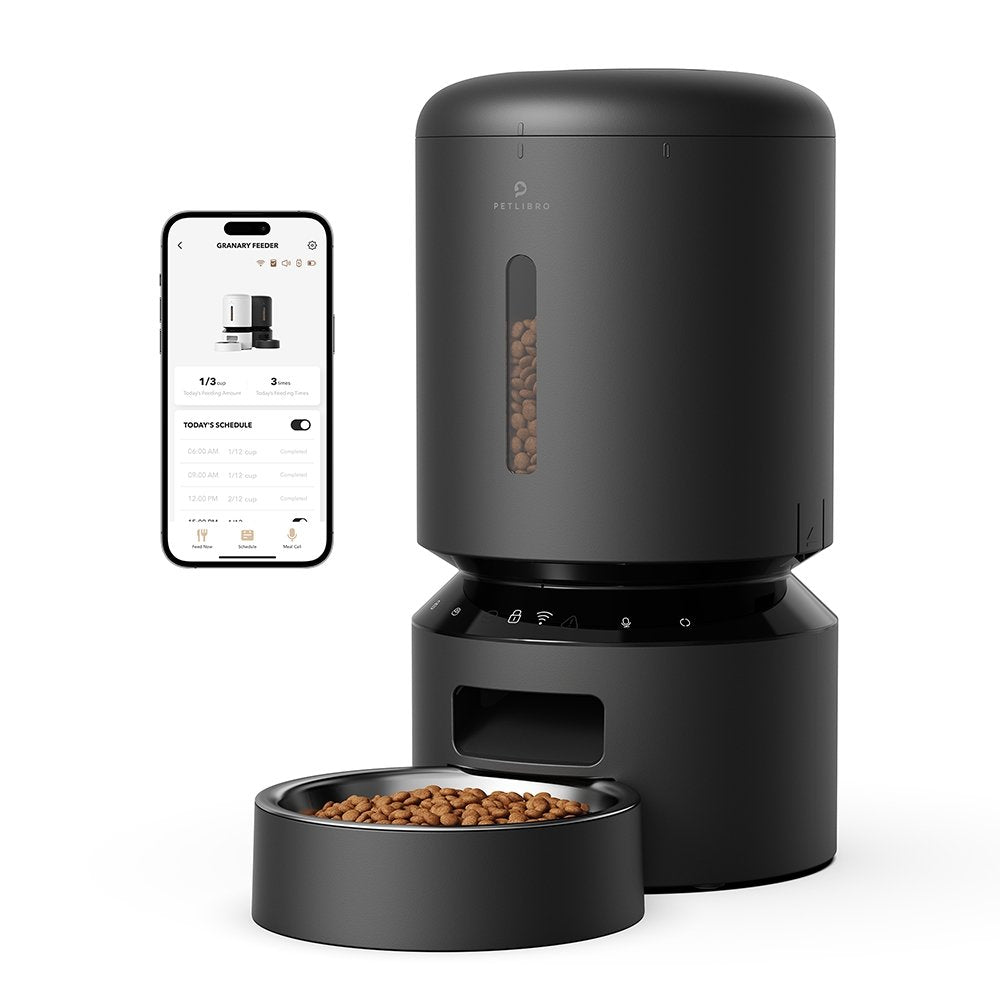
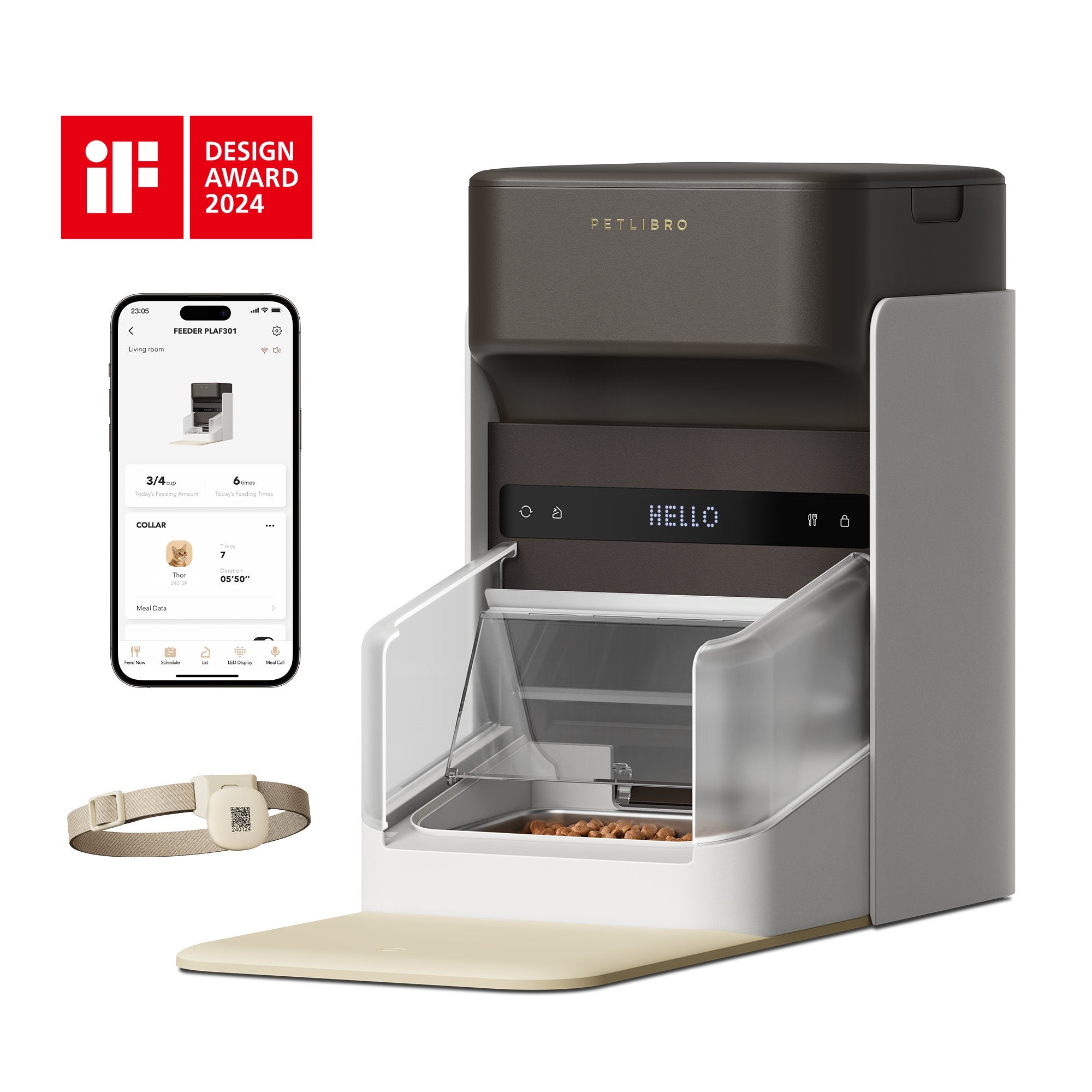
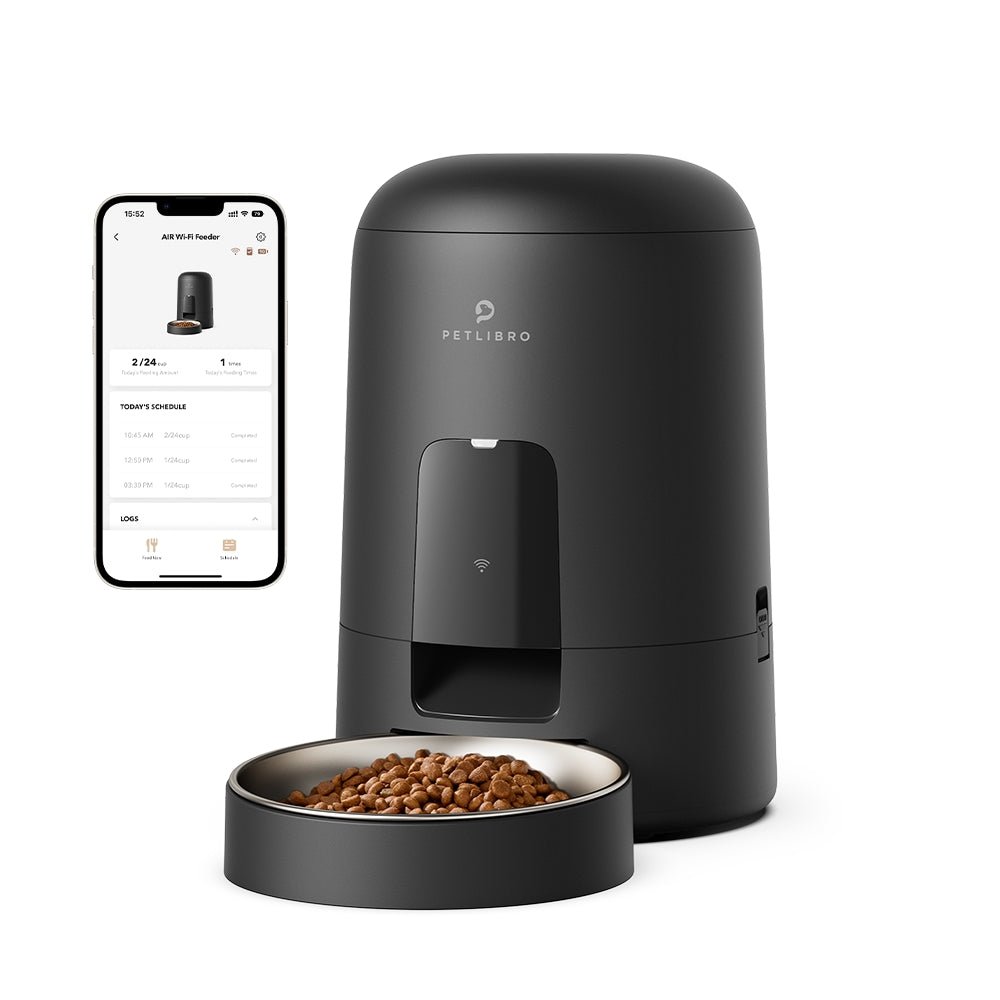


























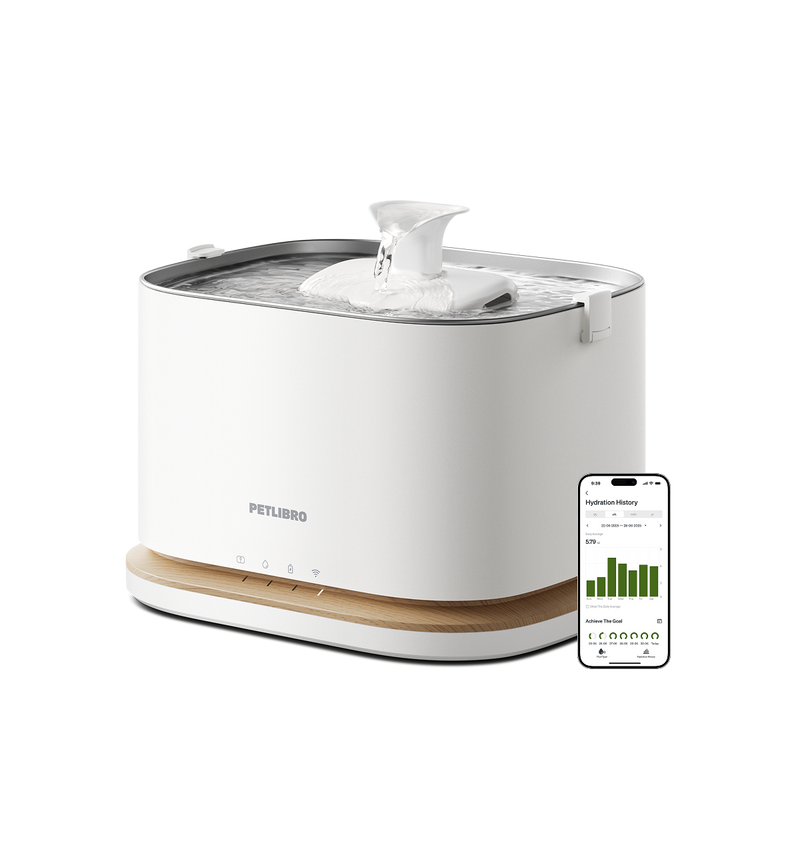
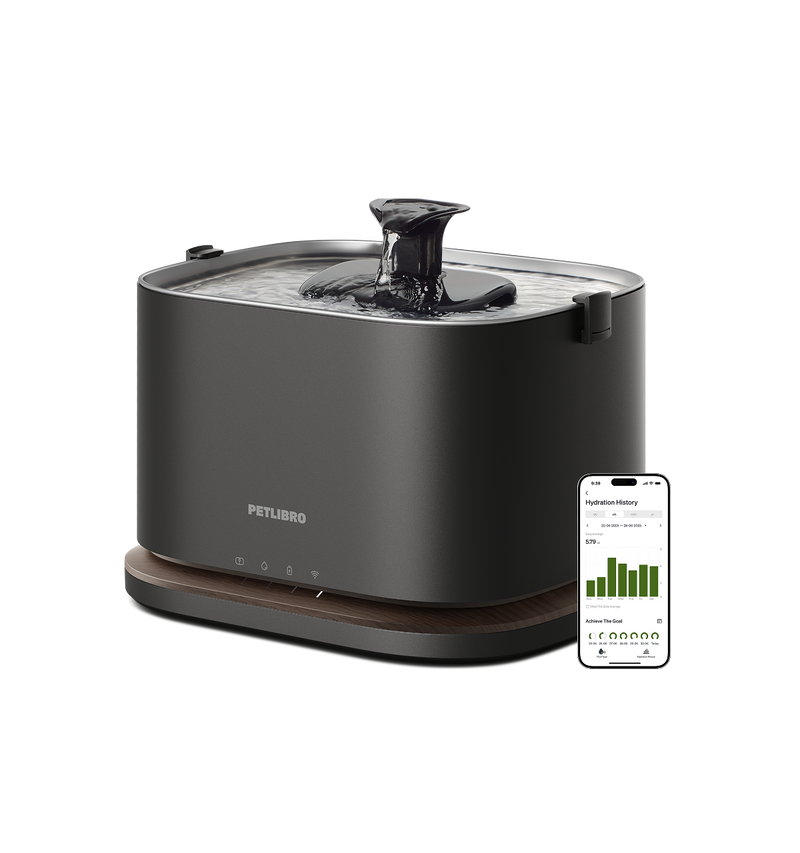
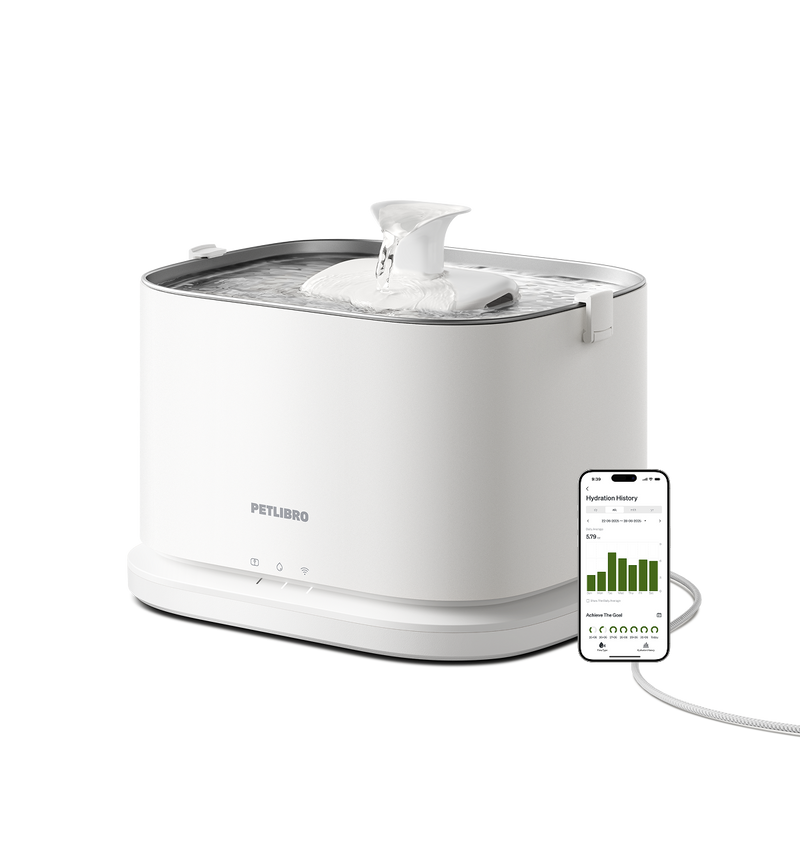
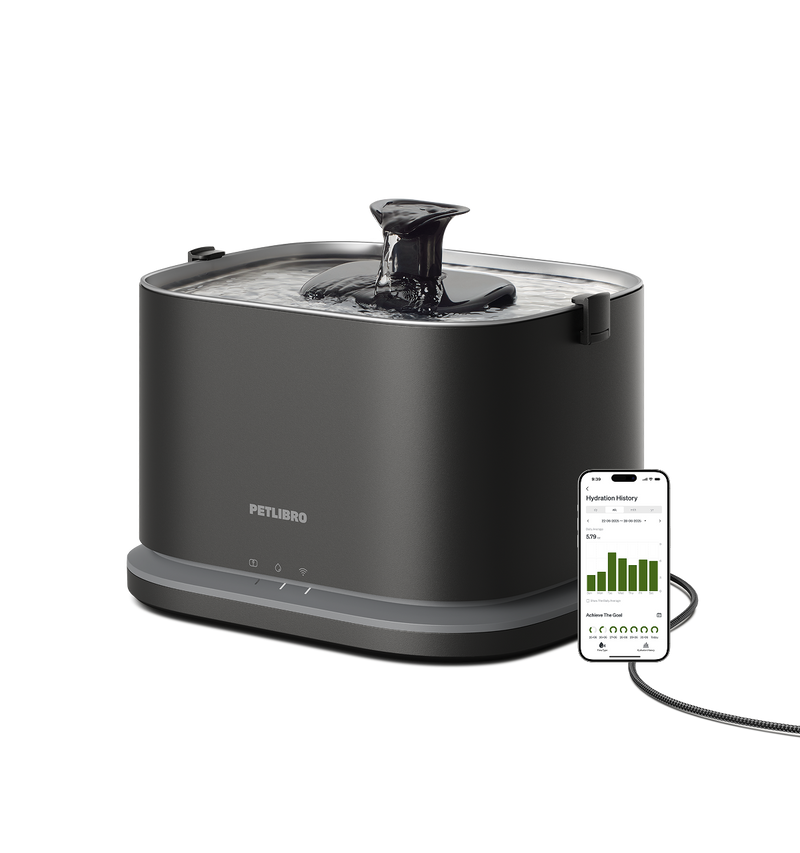






































By subscribing, you agree to receive email marketing from Petlibro. Privacy Policy | Terms of Service


Code is valid for 48 hours for one order only. Code cannot be combined with other codes. Accessories are excluded.
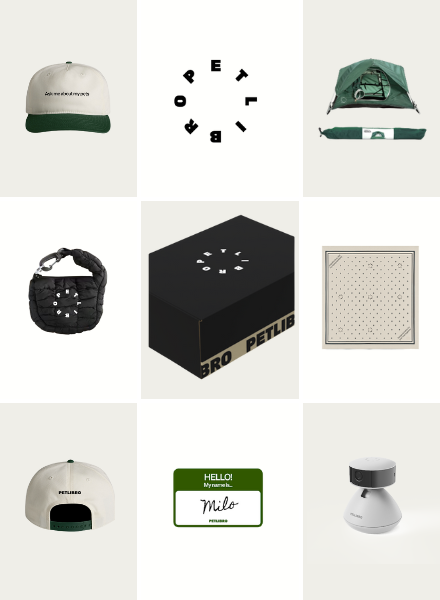

Open to legal U.S. residents, 18 years or older. Void where prohibited. Giveaway begins on 08/26/2025 and ends on 09/15/2025 at midnight PST. Three winners will each receive a limited-edition Petlibro PR Kit, which includes the Scout Smart Camera and select branded merch. Winners will be chosen at random and notified via Instagram or email (depending on entry format) by 09/30/2025. If a winner does not respond within 48 hours, another may be selected. Odds of winning depend on the total number of eligible entries received. Only one email entry per person will be counted, though additional entries may be submitted through the bonus methods described above. Petlibro is not liable for any issues that arise from participation or use of the prize. Personal information will be collected and handled in accordance with our Privacy Policy.


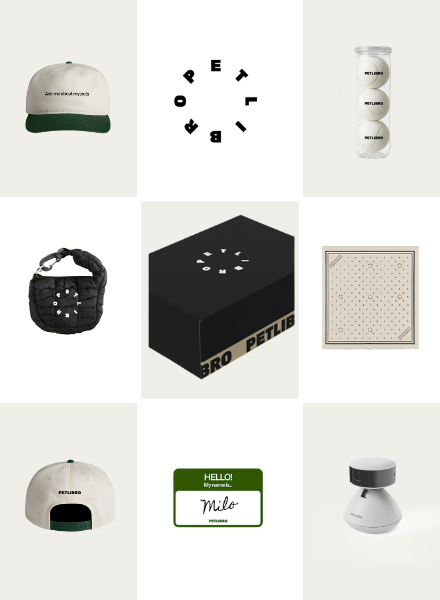

Open to legal U.S. residents, 18 years or older. Void where prohibited. Giveaway begins on 08/26/2025 and ends on 09/15/2025 at midnight PST. Three winners will each receive a limited-edition Petlibro PR Kit, which includes the Scout Smart Camera and select branded merch. Winners will be chosen at random and notified via Instagram or email (depending on entry format) by 09/30/2025. If a winner does not respond within 48 hours, another may be selected. Odds of winning depend on the total number of eligible entries received. Only one email entry per person will be counted, though additional entries may be submitted through the bonus methods described above. Petlibro is not liable for any issues that arise from participation or use of the prize. Personal information will be collected and handled in accordance with our Privacy Policy.


Ever find yourself refilling your dog's water bowl more often than usual? While a dog's water consumption can vary based on a variety of factors, a sudden increase can be cause for concern. This blog aims to shed light on why our canine companions might be hitting the water bowl harder than usual.
A rule of thumb for a dog's water intake is approximately one ounce of water per pound of body weight per day. This means that a 30-pound dog would normally consume about 30 ounces of water daily. Dogs need a sufficient amount of water to keep their bodies functioning properly, maintain body temperature, aid in digestion, and facilitate nutrient absorption among other things. If you notice your four-legged friend consistently exceeding this average, it may indicate an underlying issue. Consequently, understanding the potential factors triggering this overdrinking becomes crucial to safeguarding your pet's health.
Hot Weather
Have you noticed it's getting hotter than usual outside? During the warm weather or periods of intense heat, dogs, much like humans, respond by increasing their fluid intake. The increased water consumption aids in maintaining their hydration levels, enabling them to cool down effectively. Remember to also provide them with plenty of shade and avoid strenuous exercise during peak temperatures to keep them comfortable and safe.
Increased Exercise
When your furry friend indulges in fun-filled activities like fetching frisbees or embarks on long, exploratory walks, they expend energy and lose fluids through panting and sweating through their paw pads. Don't be too alarmed if your dog heads straight to the water bowl after a rigorous play session. Their body is simply compensating for the fluid loss. However, tracking the amount they drink compared to their activity levels and ensuring that their water intake does not drastically exceed their output is key.
Signs of Illness
Excessive water consumption can sometimes signal health issues. Conditions such as diabetes, kidney disease, or certain types of cancer can make your dog drink a lot of water. It's important to remember that in addition to increased thirst and urination, other symptoms such as unexplained weight loss, changes in appetite, lethargy, or unusual behavior are also potential red flags indicating that your pet may need medical attention. When in doubt, it's always best to err on the side of caution and consult your vet.

Anxiety or Stress
Sometimes, your dog drinks a lot of water due to anxiety or stress. Changes in the environment, such as moving, or the arrival of a new pet, could make your dog feel anxious and resort to drinking water as a coping mechanism.
Behavioral Problems
Boredom or competition with other dogs can sometimes drive dogs to drink more water than they need. Dogs might also start drinking more water simply to claim ownership or ensure they get more than their housemate. Keeping a watchful eye on your pet's interaction with other dogs, their daily activities, and their overall demeanor can help you understand if their increased water drinking is a behavioral issue.
Observe Their Drinking
Observation isn't just about watching your dog drink water. It also involves noticing changes in the color of their urine, their eating habits, energy levels, and even their sleeping patterns. Changes in these aspects can provide vital clues about potential health issues.
Create a Comfortable Environment
For dogs dealing with stress or anxiety-induced overdrinking, maintaining a calm home environment is important. Investing in a dog drinking fountain could also be beneficial in regulating their drinking habits through a controlled water flow.
Consult a Veterinarian
Lastly, remember that you are not alone in ensuring your dog's health. Veterinarians are equipped with the knowledge and tools to diagnose and treat various health conditions. So, if your dog's excessive thirst is accompanied by frequent urination, unusual lethargy, loss of appetite or any other changes in behavior, do not hesitate to schedule a visit with your vet. A prompt diagnosis could be key to restoring your pet’s health and happiness.
Why a dog drinks a lot of water can depend on a variety of factors. Keep in mind, water is a fundamental component of a dog's diet. Regular attention to your dog's water intake is an integral part of their health care. With the right combination of love, care, and knowledge, you can help ensure that your furry friend remains happy, hydrated, and healthy.
